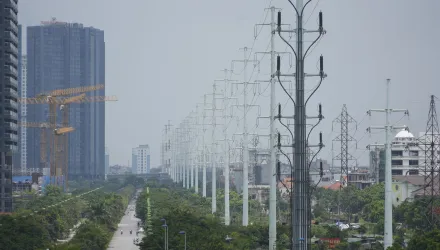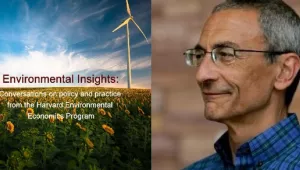Abstract
The 2015 Paris Agreement completed the transition to pledge-and-review as the core of the multilateral climate policy architecture. With ambitious long-term temperature goals and country-specific emission mitigation pledges set through 2030, the unfinished business coming out of the Paris talks is the design and implementation of the climate transparency mechanism. This paper reviews the poor transparency track record under the UN Framework Convention on Climate Change, and uses this performance to motivate engagement of non-stakeholders to enhance the rigor of the information and analysis of countries' emission mitigation efforts. If agreement and implementation of a formal transparency mechanism takes considerable time, then ad hoc processes involving representatives of civil society, the business community, and academia could fill the void. In particular, these efforts could experiment with alternative approaches to review, enable the comparison of mitigation efforts among countries, identify mitigation effort metrics of interest to governments and their stakeholders, promote policy learning, develop and test approaches to reviewing the reviews, and inform the ambition and design of future mitigation pledges that facilitate more effective climate transparency. Supplementing the formal transparency mechanism with such ad hoc efforts could enhance the quality of review, thereby increasing credibility and building trust in the dynamic process of setting and implementing emission mitigation pledges.
Aldy, Joseph. “Living Mitigation Plans: The Co-Evolution of Mitigation Pledge and Review.” Harvard Project on Climate Agreements, Belfer Center, October 25, 2016





